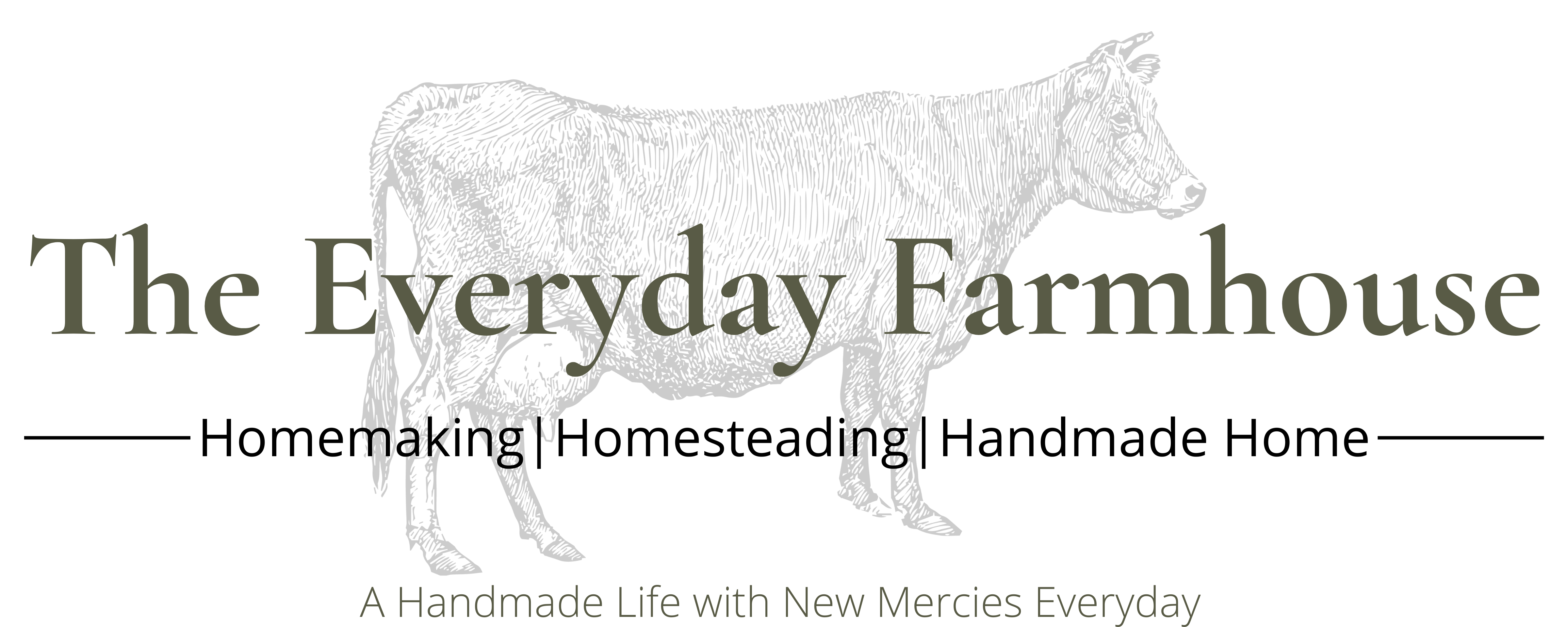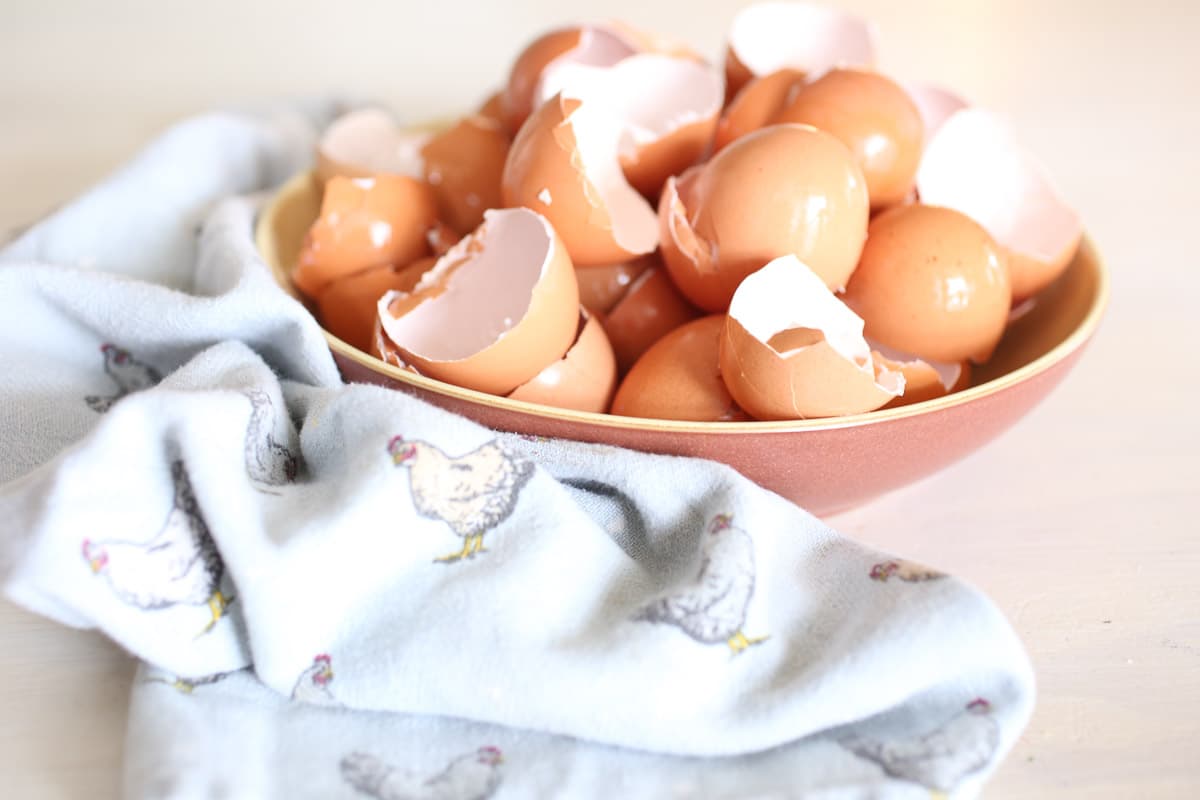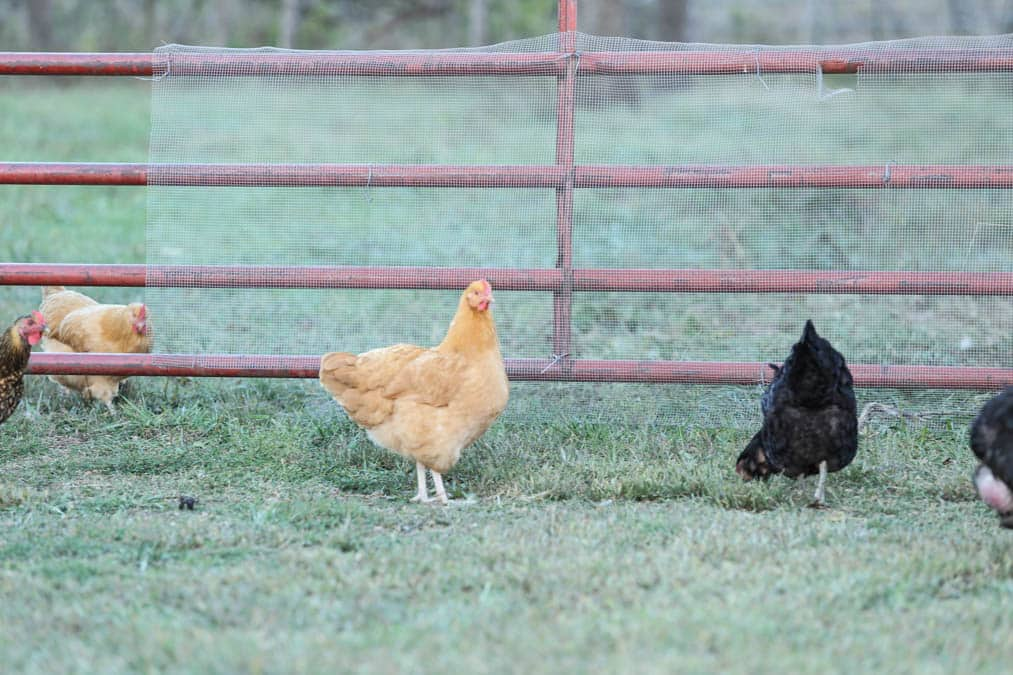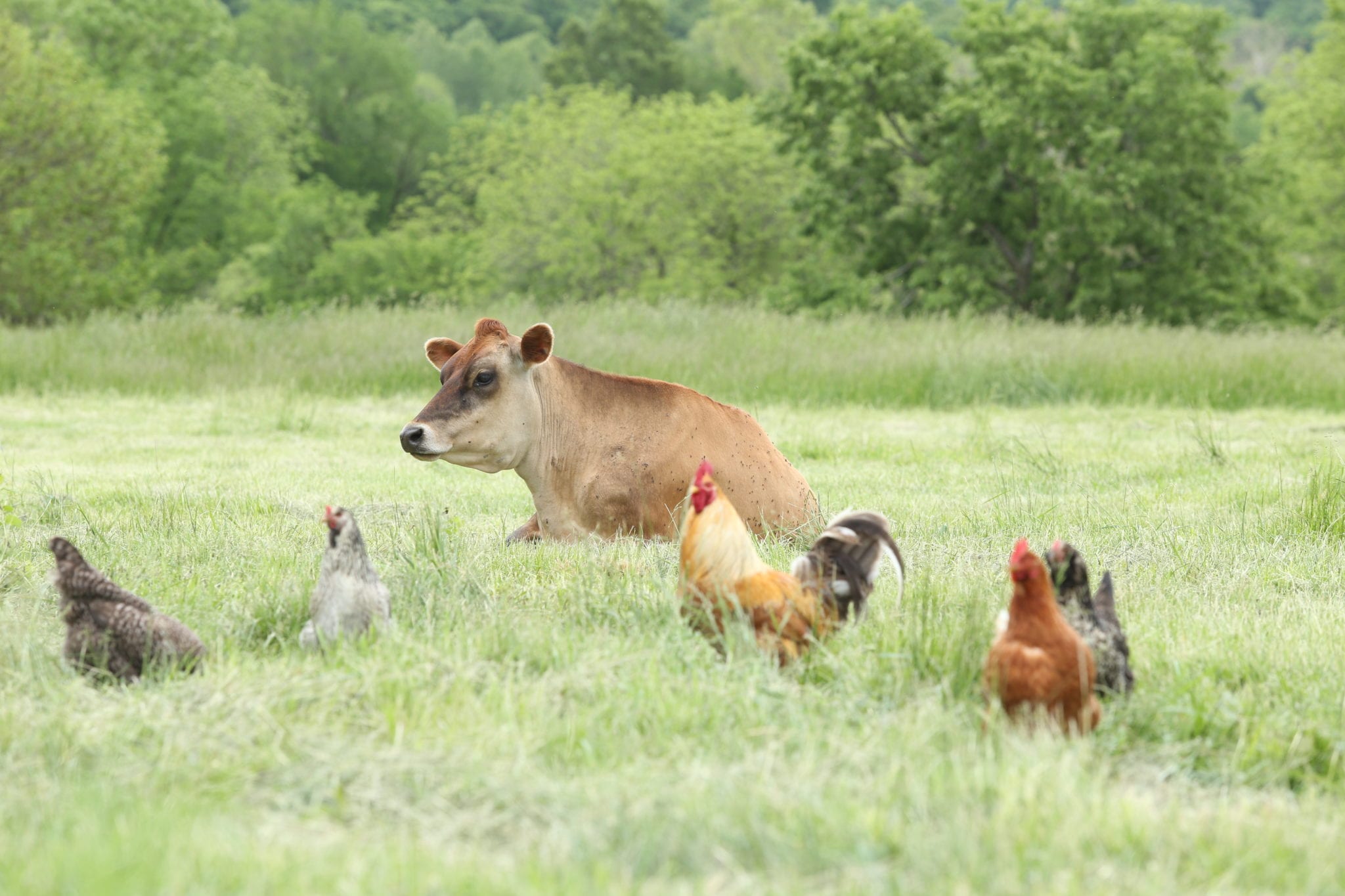8 Disadvantages of Keeping Chickens | Looking at the Challenges
Keeping chickens can be a rewarding and fulfilling experience for many, providing fresh eggs, pest control, and even companionship. However, like any venture, there are challenges associated with raising chickens. Today, we will look at some of the disadvantages of keeping chickens, not to discourage anyone from keeping chickens, but to make sure you are prepared for any challenges.

Poop:
- There, I put it out here first. The number one disadvantage of keeping chickens is the smelly chicken poop! Nothing smells quite as foul (ha! ha!) as chicken poop. You may become frantic checking every shoe in the car on the way to church to find which scoundrel has the poop on his or her shoes! It is a distinct and potent smell.
- Chicken poop is one of the benefits as well as one of the disadvantages of keeping chickens! If you compost the manure it makes the most wonderful garden fertilizer. If you allow your chickens to free range, (which produces the most beautiful golden yolks) then you will be dealing with poop on every walkway and porch on your property. It will not matter how many acres you have, those chickens will prefer a freshly cleaned sidewalk over any other location to poop! Ask anyone!

Scratching:
- Another annoyance of keeping chickens, they are inconsiderate and do not care about the aesthetic of your farm…see above point on poop as well! Chickens will damage flower beds and garden beds if allowed to roam free. Once the flower beds are well established, the damage is usually minimal. Although they have been known to create a dust bath in a well-established bed. This is essentially a large ugly hole.
- However, chickens love to scratch up small little seedlings. They enjoy nibbling at almost anything that grows as well. I have found that I can no longer keep geraniums around, they gobble them up! Same with petunias! They don’t damage my hydrangeas though! Good thing too!
Predator Threats:
- One significant challenge in chicken keeping is the constant threat of predators. Whether it’s foxes, raccoons, birds of prey, or even neighborhood dogs, chickens are vulnerable to attacks. Securing a coop and implementing proper predator deterrents is crucial, but it doesn’t eliminate the risk entirely. Unfortunately, this will be a challenge for as long as you own chickens. A rooster does seem to help warn the hens of threats as well as fight off some smaller predators. However, even a good rooster can be picked off by a larger predator.
Inconsistent Egg Supply
- You may think that once you own chickens you will never have to buy eggs again. Unfortunately, this is not true. Chickens will lay considerably less in the winter and also once they are past their prime. While chickens are prolific egg layers in their prime, egg production tends to decline as they age. This can be a disappointment for keepers who initially enjoyed a high egg yield. Read this post on How Many Chickens Should I Get? A Guide to Starting Your Flock
- Some chicken breeds are better known for consistent egg production, so choosing the right breed is essential for those primarily interested in a steady supply of eggs. This leads me to my next point…culling the flock…

Culling The Flock
- This is the most challenging for me. In order to keep a strong healthy flock that actually produces eggs, you really should cull the flock every few years. If you don’t know what cull means, it means remove. Essentially you butcher or rehome the unproductive or sick chickens. It’s best for the flock but can be rather heart-wrenching for the owner.
Space Requirements
- If you don’t have acres for your chickens to roam you may consider keeping them in a movable pen. Ideally, this space needs to provide adequate space to roam and express natural behaviors. Lack of space can lead to stress, aggression, and other behavioral issues. Urban and suburban chicken keepers may find it challenging to provide sufficient space for their birds, given limited backyard sizes.
- If you are planning to have a coop with an enclosure, here are some measurements to keep in mind regarding space: 5 square feet per bird (minimum); Roosts: 6″ per bird; Nesting Boxes: 12″ x 10” x 10”, 1 nesting box per 4 chickens. Those are measurements for an average-sized bird. Bigger or more robust breeds will need a bit more space.
Noise
- Chickens are not known for being silent creatures. Roosters, in particular, can be quite noisy, crowing at all hours of the day. This can be a source of annoyance for neighbors in urban and suburban settings. Even worse they may annoy your sleeping teenagers!!!
Cost of Health and Maintenance
- Of course, any living creature is going to require care. Feed and supplements can add up for chickens just like they can for dogs or cats. Chickens can be susceptible to various diseases and health issues, including respiratory infections, mites, and other parasites. Maintaining a clean and hygienic living environment is essential, but even with the best care, health challenges may arise. Be prepared to understand how to treat your own chickens and avoid costly vet trips.
Check Out My Homestead Planner

Good Books for Beginner Chicken Keepers
- Fresh Eggs Daily
- The Backyard Chicken Keeper’s Bible
- The Homesteader’s Natural Chicken Keeping Handbook

While keeping chickens comes with numerous benefits, it is important for prospective chicken keepers to be aware of the potential disadvantages. Addressing these challenges requires careful planning, ongoing commitment, and a willingness to adapt to unforeseen circumstances. Despite the drawbacks, many find the joys of fresh eggs, the companionship of these feathered friends, and the lessons in responsibility far outweigh the challenges of chicken keeping.






